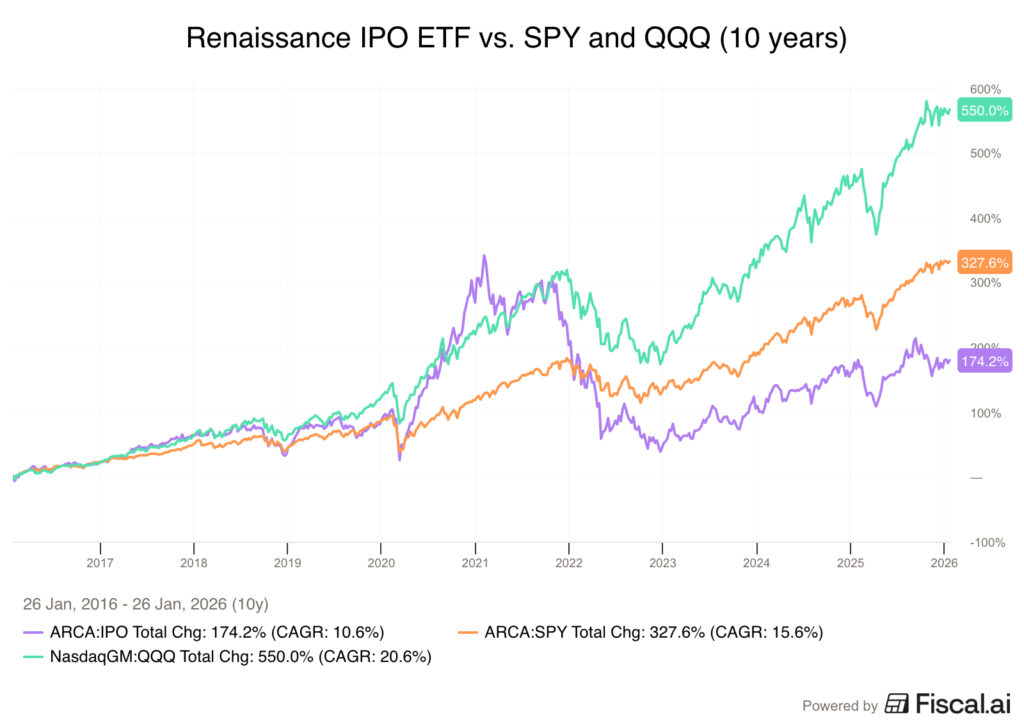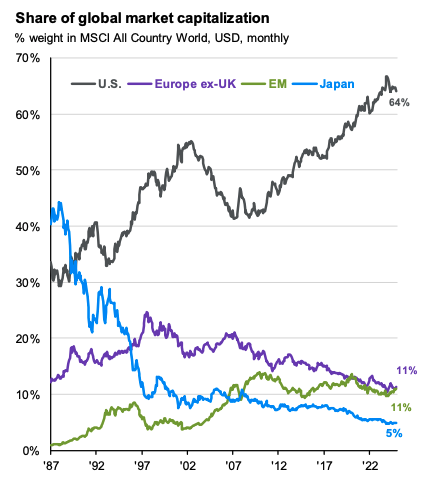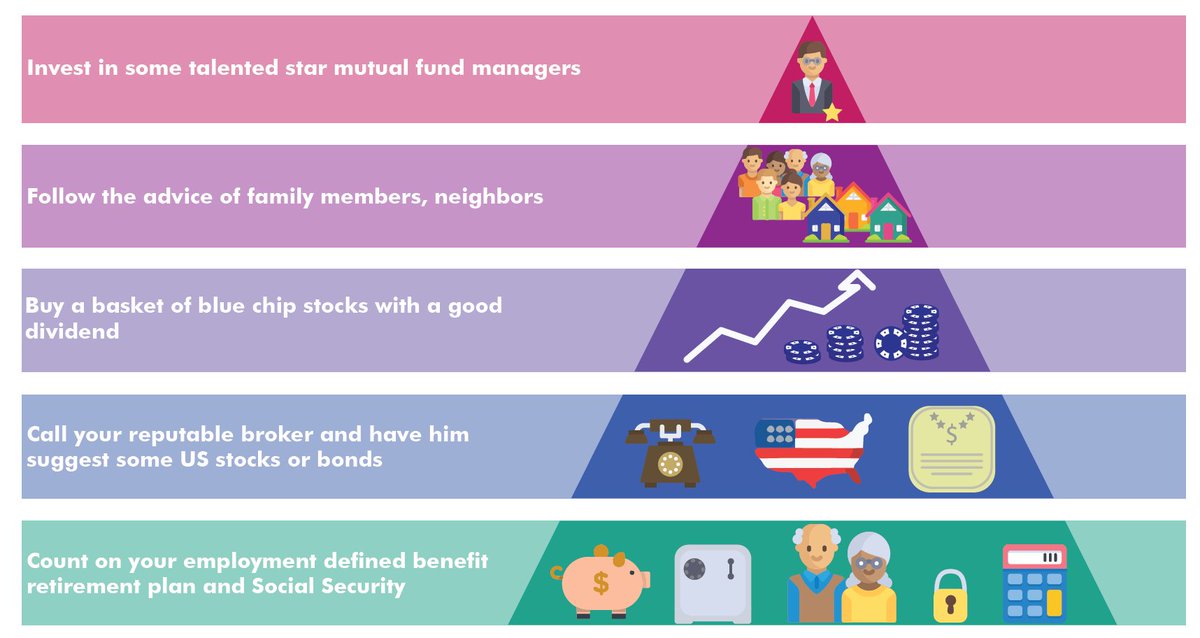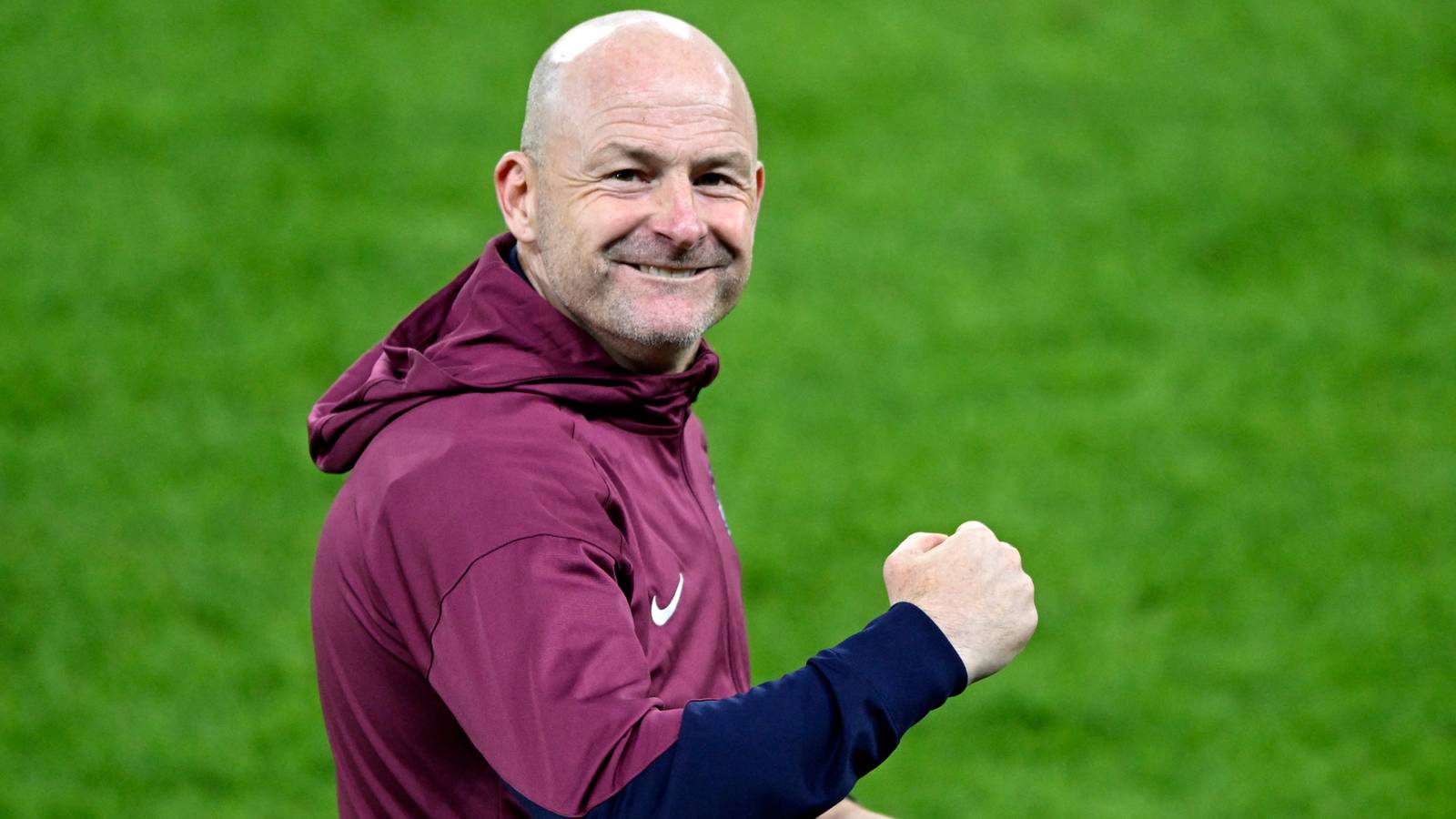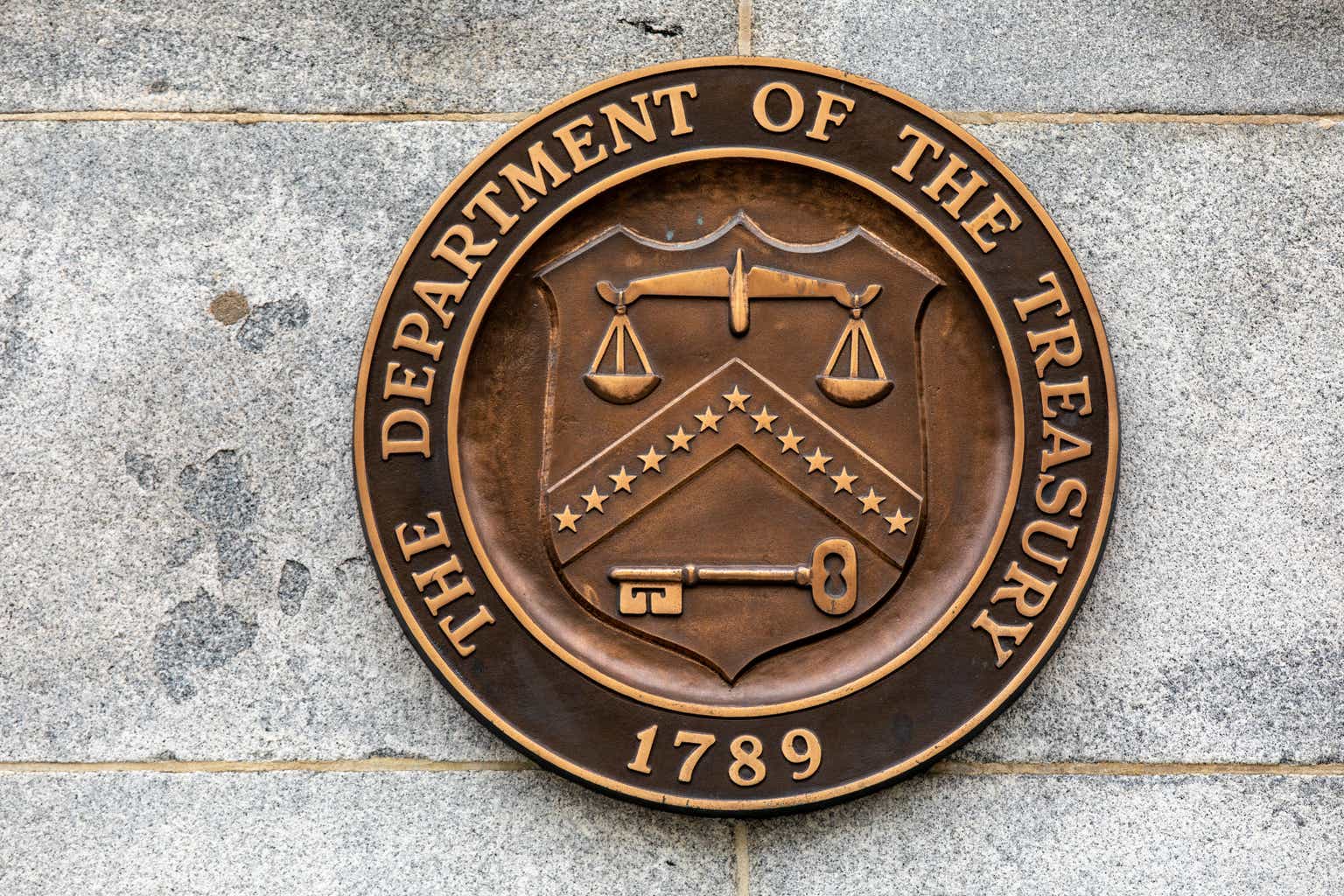© Reuters. Traders work on the trading floor of Barclays Bank at Canary Wharf in London, Britain December 7, 2018. REUTERS/Simon Dawson/File Photo
2/2
By Sinead Cruise and Lawrence White
LONDON (Reuters) -Barclays’ CEO C.S. Venkatakrishnan is under pressure to deliver a plan this month to win over restless shareholders clamouring for a streamlined business model and higher, more sustainable returns for a fraction of the risk.
The British bank has one of the lowest valuations among peers, with shares down by around 24% in the last year, driven in part by a hefty disposal of stock by a top investor, Qatar Holding, on Dec. 4.
It has also underperformed UK and eurozone banking indexes, data shows.
Eight shareholders who spoke to Reuters — including four among the top 20 — favour shrinking its investment bank, offloading stakes in sub-scale businesses or exiting non-core assets entirely, and putting billions back into their pockets.
Barclays’ CEO, known as Venkat, has been listening. Speaking at the World Economic Forum at Davos last month, he acknowledged the outsized contribution Barclays’ investment bank had made to group profits, and pledged to restore balance and clarity on the make-up of the bank.
But with the global economy in flux, buyers of businesses the bank aims to sell appear to be running shy.
The bank’s struggle to secure backers for its UK payment business, reported by Reuters on Feb 1, risks complicating Venkat’s aims and shareholder hopes of a swift turnaround.
Barclays, one of Britain’s oldest banking brands, lacks focus, according to fund managers who say they are underwhelmed by its risk-adjusted returns.
“The basic problem is this bank isn’t boring enough for the majority of its investors,” said Sajeer Ahmed, portfolio manager at Aegon (NYSE:) Asset Management, which manages Barclays shares.
“It is an investment bank with a retail bank attached. Management has tried to spell out the benefits of diversification but this just isn’t supporting the bottom line right now,” he said.
Many banks streamlined their riskiest activities after the 2008-9 financial crisis, but Barclays set its sights on growing a top-tier transatlantic investment bank from the embers of Lehman Brothers.
The regulation which followed the crisis has made making money from investment banking much tougher, pushing investors to question whether it is time to scale back those ambitions.
Barclays declined to comment.
The bank, which drafted in Boston Consulting Group to help with its revival plan, is due to present it on Feb. 20.
HIGH RISKS, UNEVEN RETURNS
The investment bank has long been central to Barclays’ universal banking business model, which also spans consumer and corporate lending.
But six shareholders said the group’s depressed valuation reflected the investment bank’s high costs and unpredictable returns.
In nine months through September, Barclays’ Corporate & Investment Bank reported quarterly income ranging between 4 billion and 3.1 billion pounds, with quarterly costs of around 2 billion.
Returns on tangible equity (ROTE), a key profitability measure, ranged between 15.2% and 9.2% across these quarters.
The division consumes 63% of group capital reserves, and delivers returns below industry peers, UBS analyst Jason Napier said in a Jan. 11 note.
By contrast, BNP Paribas (OTC:) commits less than a third of group capital to its investment bank, while UBS has said it will allocate no more than 25% of risk-weighted assets to its investment banking operations.
Investment banking as an industry also tends to be accident-prone. In 2022, a U.S. securities sales blunder saw the bank’s litigation and conduct costs that year surge to 1.6 billion pounds from 400 million pounds the year before.
“Execution is key,” said Benjamin Toms, analyst at RBC. “This means no mishaps and a conduct and litigation expense that is closer to 100 million pounds rather than a billion.”
INVESTORS LOSE FAITH
Barclays’ forward price to book ratio, a measure of its market valuation relative to assets, is at 0.34 — compared with 0.34 for Deutsche Bank, 0.56 at BNP Paribas, 0.82 at HSBC and 0.95 at UBS, based on LSEG data on Feb. 8.
Investors said this reflects doubts about Barclays’ mix of businesses, and a growing consensus that a leaner, simpler bank could deliver stronger returns.
Barclays has sub-scale businesses which could fetch respectable price-tags if they were sold, five of the investors said, pointing out that several of these units were unlikely to be more than number three or four in their respective markets.
Disposals from Barclays’ Consumer, Cards & Payments (CCP) unit would be welcomed, four of the shareholders said, with one suggesting the international credit cards business applied a “complexity discount” to the bank’s overall valuation.
Reuters earlier reported the bank’s wider study of its global payments activities.
Capital unlocked by asset sales could support a more generous dividend or buyback programme or be reinvested in fee-earning businesses like wealth management, three investors said.
“In my opinion the only way the shares re-rate is a meaningful reduction in the size of the corporate and investment bank, and re-focus of the business on forecastable franchise based revenue streams,” said Ed Firth, analyst at KBW.
Jefferies analysts expect Barclays to propose a sharp rise in capital redistribution, rising to around 7 billion pounds by end-2025, to help boost flagging shares.
There are signs short-sellers are retreating ahead of any potential move. Barclays has not featured in the top 10 of EMEA’s most heavily shorted large-cap banks since October, research from data firm Hazeltree showed.
Investors who spoke to Reuters expect the bank to upgrade its annual 10% ROTE target to between 11% and 13%. In 2023, U.S. bank JP Morgan achieved 21%.
“I think people are struggling to believe that higher returns are deliverable and sustainable,” said Ben Ritchie, head of developed market equities at Abrdn.
“But once companies get the credit for consistent delivery, it is a game-changer,” he said.



